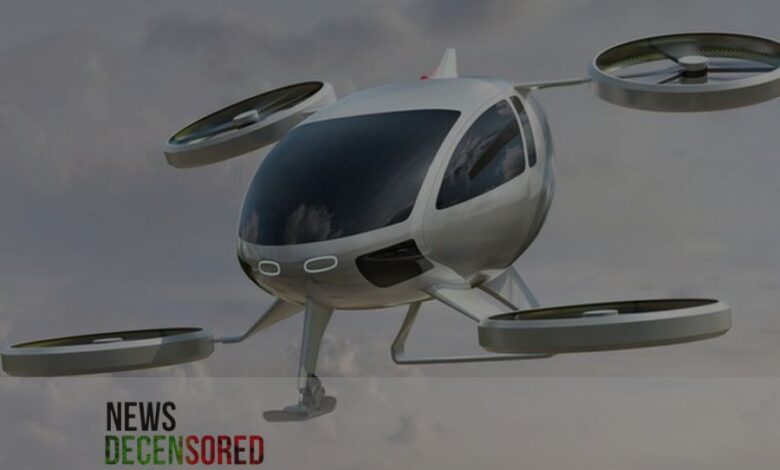China Takes to the Skies: European Flying Car Tech Lands in Asia

European innovation is taking flight in China, with a Chinese company acquiring the technology behind the successful AirCar. This unique vehicle, powered by a traditional BMW engine and requiring a runway for takeoff and landing, recently completed a 35-minute test flight between Slovakian airports in 2021. Remarkably, the AirCar can transform from car to aircraft in just over two minutes.
The Hebei Jianxin Flying Car Technology Company, based in Cangzhou, China, has secured exclusive rights to manufacture and operate AirCar-based vehicles within a designated region of the country. This move comes after their earlier acquisition from a Slovakian aircraft manufacturer, which facilitated the construction of a dedicated airport and flight school for AirCar in China.
China, already a frontrunner in the electric vehicle revolution, is now actively pursuing advancements in flying transportation solutions. Recent developments include a passenger-carrying drone test flight by Autoflight, which completed a 20-minute journey between Shenzhen and Zhuhai, a trip that typically takes three hours by car. Additionally, the Chinese company eHang received a safety certificate in 2023 for its electric flying taxi. Interestingly, the UK government has predicted flying taxis will become commonplace by 2028.
While these drone-like concepts offer exciting possibilities, the AirCar stands out for its reliance on runways for takeoff and landing. The financial details of the technology acquisition remain undisclosed by KleinVision, the AirCar’s original developer. Notably, AirCar received airworthiness certification in Slovakia in 2022 and even garnered attention in a recent YouTube video by MrBeast.
Despite the promise of flying cars, significant challenges persist. Infrastructure development, regulatory frameworks, and public acceptance of the technology are major hurdles that need to be overcome. Aviation consultant Steve Wright aptly describes this “brave new world” of personal transportation as a great equalizer. The lack of established regulations creates a complex situation, with Wright noting that “everyone is scrambling to come up with a whole new set of questions.” He further observes that established regulations in Western countries might hinder progress, as there’s a tendency to “squeeze these new machines into the old categories.” This, according to Wright, could present an opportunity for China to gain a competitive edge, similar to how they became a global leader in the electric car market.
The acquisition of AirCar by China raises intriguing questions about its potential dominance in the flying car market. While prototypes like the AirCar are undeniably exciting, Wright cautions that the reality might involve “queues and baggage checks and whatnot,” a more mundane experience compared to the initial visions.




